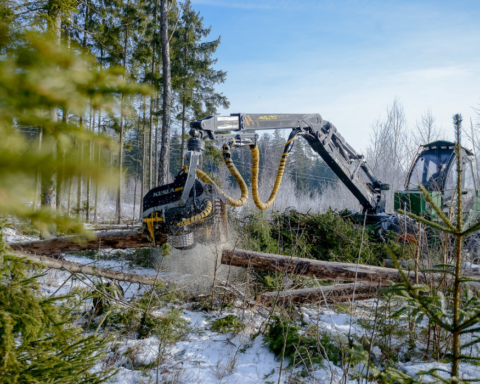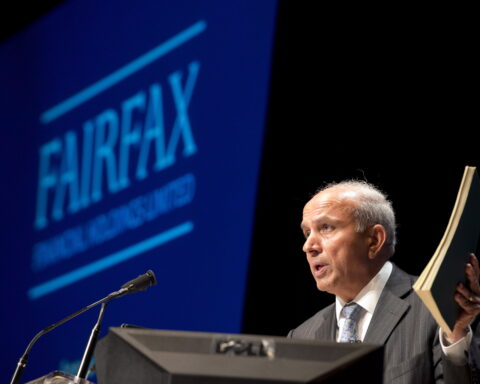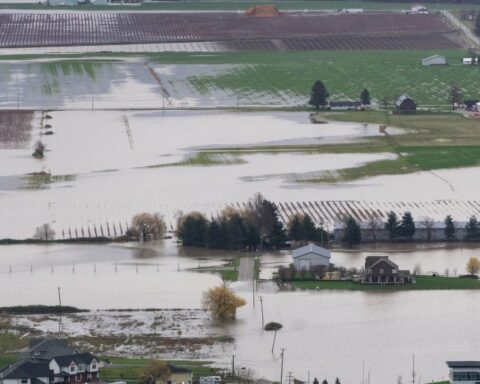London-based HSBC Holdings says it will cease financing for the development of new oil and gas fields in order to tackle climate change while carving out its Canadian unit from the policy change.
The bank’s policy change is an important signal about the need to reduce our reliance on fossil fuels, but it’s not nearly as sweeping as the phase-out of all oil and gas projects climate activists would like to see. HSBC says it will continue to support production in existing fields to provide an “orderly transition” to a net-zero world by 2050.
“It’s a hugely important symbolic step,” says Matt Price, director of corporate engagement for Investors for Paris Compliance, a group that focuses on the financial industry response to the Paris Agreement climate accord.
In 2021, the International Energy Agency released a climate change scenario that concluded that, in order to achieve net-zero emissions by 2050, there should be no new oil and gas fields approved for development and no new coal mines.
“Ever since IES’s [net-zero scenario] came out, advocates around the world have been pressing banks to acknowledge that fossil fuel expansion is inconsistent with net zero and here you have a major bank doing so,” Price said in an email
Some activists are pushing for a “fossil fuel non-proliferation treaty” in which national governments would ban all spending on new oil and gas production and phase out existing supply as quickly as possible.
Price says it’s disappointing that Canadian banks have failed to do the same as HSBC with a halt to financing for new oil and gas fields. Canadian banks remain major investors and lenders for oil and natural gas developments and the infrastructure needed to expand production.
HSBC carved out its Canadian subsidiary, HSBC Bank Canada, from the change in fossil fuel financing, after agreeing in November to sell that operation to Royal Bank of Canada for $13.5 billion.
“During the sale process, HSBC is precluded from applying policy changes that would alter the way we manage HSBC Bank Canada’s business,” said HSBC in its policy document.
“We have limited oil sands exposure in Canada. We have no direct exposure outside of Canada and will update this policy following completion of the sale of HSBC Bank Canada.”
It’s a hugely important symbolic step.
Matt Price, director of corporate engagement for Investors for Paris Compliance
It’s unclear what exactly HSBC’s prohibition on financing “new fields” would in fact cover in Canada. The IEA’s definition is relatively narrow: new fields where development has not been approved.
Last April, the Liberal government approved the development of the Bay du Nord field in the deep waters offshore of Newfoundland and Labrador, despite the IEA’s recommendations.
Oil companies are looking to significantly expand production of natural gas from the Montney field in northeastern British Columbia to support expanded exports of liquified natural gas. Gas reserves in that field are well established, but new pipelines are needed to justify dramatically increased investment.
Climate finance campaigners say approving new fossil fuel projects will make it much harder for Canada to reach its emissions reduction targets. Getting banks to stop financing such projects will go a long way in stopping them from moving forward.
Correction, December 21, 2022:
A previous version of this story erroneously stated that HSBC will maintain its financing and investment in existing oil and gas fields at 2020 levels through 2030 and then reduce it by half by 2050. This is not a commitment HSBC has made. Corporate Knights regrets the error.







